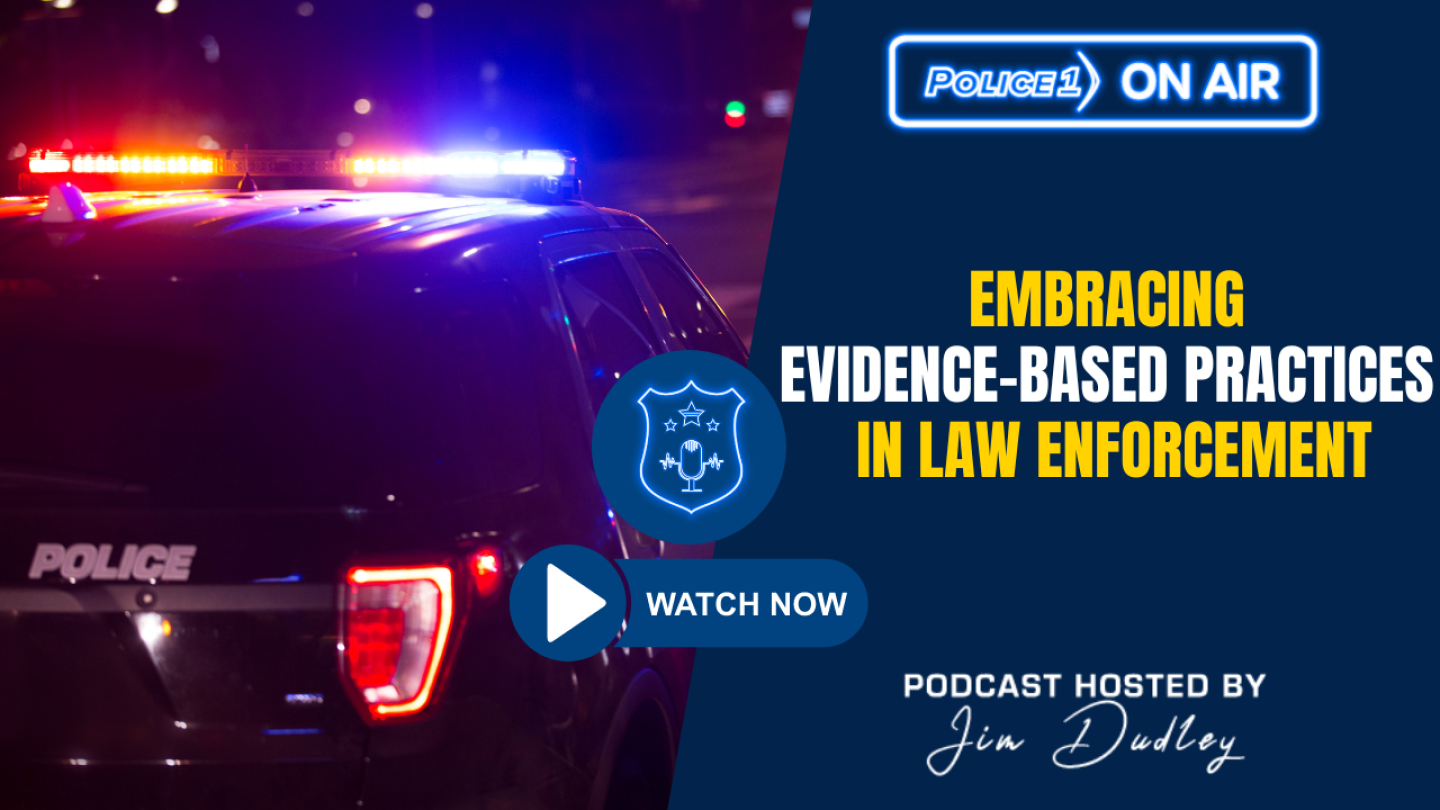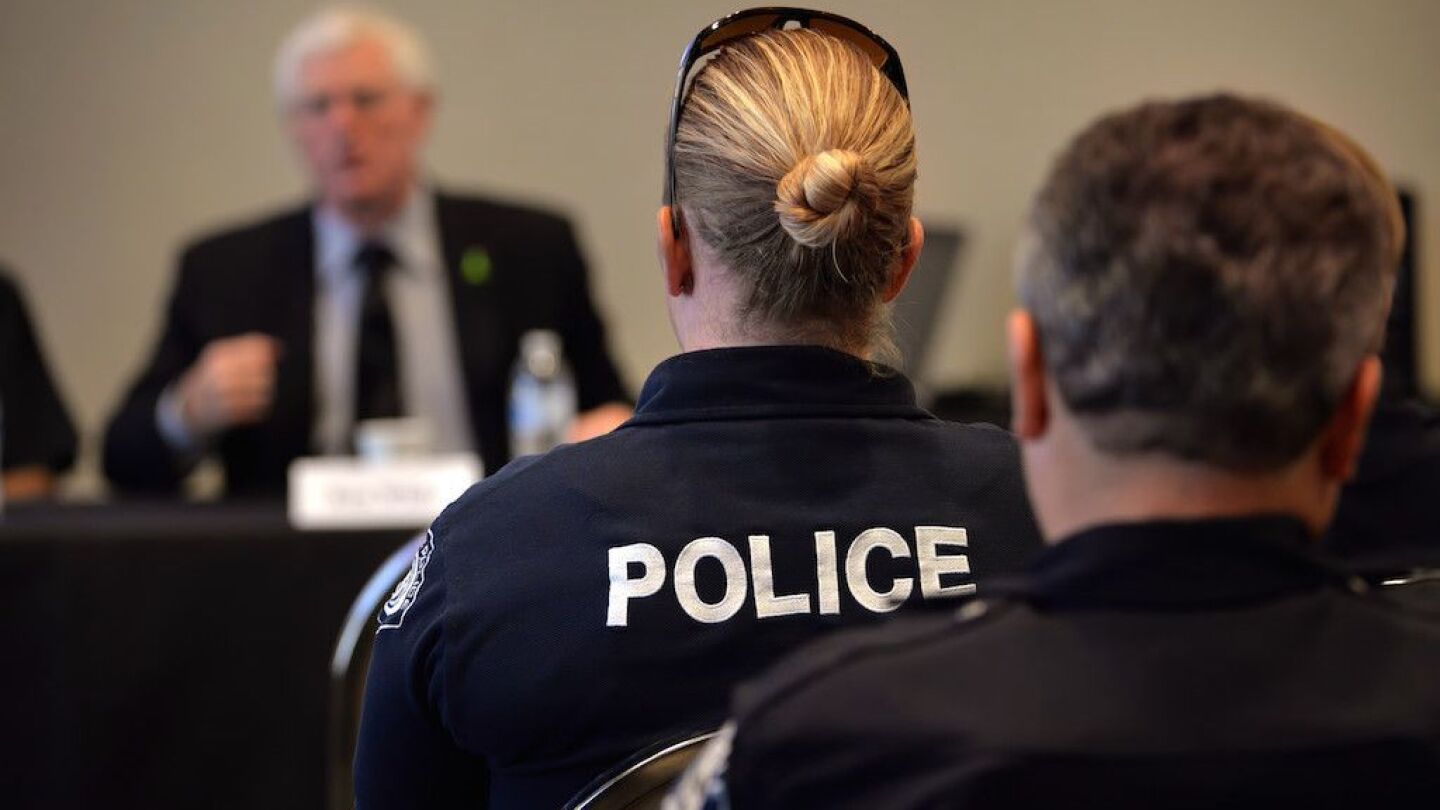Evidence-Based Policing
A state-of-the-art real-time crime center paired with a powerful decision and operations management platform helps APD reduce and prevent violent crime
Ensuring the successful adaptation and implementation of research-backed strategies in diverse community settings
The renowned criminologist talks about the need to develop effective strategies and programs to reduce gun violence and hold offenders accountable
Law enforcement agencies are harnessing data and empirical research to revolutionize public safety and crime prevention
A deep dive into the evolution of policing strategies through the lens of evidence-based methods, highlighting the shift toward more analytical and outcome-focused practices in law enforcement
This annual conference is a key event for sharing research and innovations in evidence-based policing methodologies
Chief Philip Lukens has a simple goal: Allow computers to do computer work and humans to do human work
In only a year and a half, gun crime in some Tucson neighborhoods has dropped over 75% since the Place Network Investigations program was put into motion
In an NIJ podcast, LEADS Scholars from three police departments discuss how they worked with community organizations and used evidence-based policing to reduce gun violence
Data from Police1’s “What cops want in 2023” survey suggest the time is ripe for police administrators to do two things
“It is not just about having data, but what you do with that data. It is about sharing that data.”
Police leaders must use data to improve public safety, officer well-being and perceptions of police legitimacy
“These same micro hot spot locations that are disproportionately impacting residents and business owners in these locations also negatively impact our officers.”
U.S. policymakers may want to take note of the approaches adopted by England, Wales and Australia to achieve nationally integrated and intentional police education
Place-based policing is one of the most evidence-based and scientifically supported approaches police can take to prevent crime in their communities
Police Chief Steve Drew says the sight of trash and abandoned vehicles gives the impression that no one cares and can increase crime
Even the smallest departments can conduct basic crime analysis and evaluation of the impact of police operations
By studying gun violence like we study disease, the police can improve the chances of discovering who has a greater chance of being shot
The DICE framework for public safety involves police, but it does not prioritize law enforcement or use it as a singular intervention strategy
Subduing the COVID-19 pandemic, redoubling smart policing tactics and implementing police reform
We must ensure that police reform proposals reflect the latest human performance and decision-making research
We must stop conflating broken windows policing with stop-and-frisk and zero tolerance
The decisions we make in law enforcement should be based on the best available evidence
Proactive policing that targets hot places, hot people and hot times based on knowledge gleaned from crime analysts is an effective crime-reduction strategy
The Vallejo Police Department’s crime prevention campaign aimed to reduce burglaries from automobiles during the holiday season
The Marine Corps’ Combat Hunter Program and the broken windows concept of policing are both about taking action to prevent future undesirable action
Here’s how the American Society of Evidence-Based Policing can assist you in quickly leveraging science-based methodologies at your department
Jim and Doug are joined by Lieutenant Jason Potts in a discussion about problem-oriented policing and the use of scientific analysis in LE
With the drop in relatively low-level police activity, scientists found that civilian complaints of major crimes dropped by about 3 percent to 6 percent



























